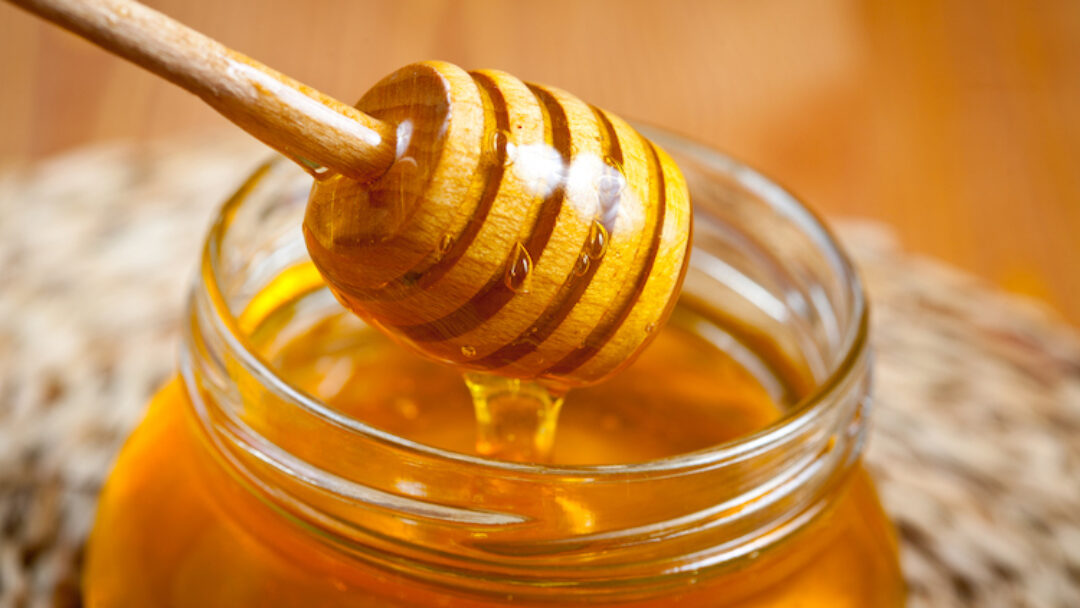When it comes to natural remedies for boosting immunity, honey has long been hailed as a powerful ally. This golden, sweet substance has been used for centuries in various cultures for its numerous health benefits. From soothing sore throats to providing a natural energy boost, honey has a lot to offer. In this article, All About Arizona News will delve into the science behind honey’s immune-boosting properties and explore how it can help you stay healthy during the cold and flu season.
Understanding the immune system and how it fights off cold and flu
Before we dive into the benefits of honey, it’s important to understand how our immune system works to protect us from cold and flu viruses. The immune system is a complex network of cells, tissues, and organs that work together to defend the body against harmful pathogens. When a virus enters our body, the immune system kicks into high gear, producing antibodies that specifically target the invading virus and neutralize it. However, in order for the immune system to function optimally, it needs proper nutrition and support.
The role of honey in boosting immunity
Honey has been used for centuries as a natural remedy for various ailments, and its immune-boosting properties have been well-documented. One of the key ways honey supports immune health is through its antibacterial and antimicrobial properties. Honey contains natural enzymes that produce hydrogen peroxide, a powerful disinfectant that can kill harmful bacteria and viruses. This makes honey an excellent choice for soothing sore throats and fighting off respiratory infections.
In addition to its antimicrobial properties, honey also contains antioxidants that help strengthen the immune system. Antioxidants are compounds that protect our cells from damage caused by free radicals, which are unstable molecules that can lead to chronic inflammation and weakened immune function. By consuming honey regularly, you can provide your body with a rich source of antioxidants that support overall immune health.
The nutritional composition of honey and its impact on immune health
Honey is not only delicious but also packed with essential nutrients that can support your immune system. It is rich in vitamins and minerals, including vitamin C, vitamin B6, potassium, and magnesium. These nutrients play a crucial role in maintaining a strong immune response and supporting the body’s natural defense mechanisms.
Furthermore, honey contains natural sugars that provide a quick source of energy, making it an ideal choice for those feeling run down or fatigued during the cold and flu season. By incorporating honey into your diet, you can give your body the fuel it needs to fight off viruses and stay healthy.
Honey as a natural remedy for cough and sore throat
One of the most well-known uses of honey is its ability to soothe a cough and sore throat. The thick, sticky consistency of honey helps to coat the throat, providing relief from irritation and reducing coughing. Research has shown that honey is just as effective as over-the-counter cough suppressants in relieving cough symptoms, making it a safe and natural alternative.
To use honey for a cough or sore throat, simply mix a spoonful of honey with warm water or herbal tea. Drink this mixture several times a day to help alleviate symptoms and promote healing.
Honey’s antioxidant properties and their effect on immune function
As mentioned earlier, honey is rich in antioxidants that can help boost immune function. Antioxidants work by neutralizing harmful free radicals, which can cause oxidative stress and weaken the immune system. By consuming honey regularly, you can provide your body with a powerful defense against oxidative damage and support overall immune health.
In addition to its antioxidant properties, honey also contains anti-inflammatory compounds that can help reduce inflammation in the body. Chronic inflammation is associated with a weakened immune response, so by reducing inflammation, honey can help support the immune system and keep it functioning optimally.
Different types of honey and their specific health benefits
Not all honey is created equal, and different types of honey offer their own unique health benefits. Manuka honey, for example, is known for its potent antibacterial properties and is often used to treat wounds and infections. Buckwheat honey, on the other hand, has been found to be particularly effective in soothing coughs and promoting sleep.
When choosing honey for its health benefits, it’s important to look for raw, unprocessed honey. Raw honey retains all of its natural enzymes, antioxidants, and beneficial compounds, making it the best choice for immune support.
Incorporating honey into your diet during cold and flu season
Now that we understand the many health benefits of honey, let’s explore how we can incorporate it into our diet to boost our immune system during the cold and flu season. There are countless ways to enjoy honey, whether it’s adding it to your morning oatmeal, drizzling it over yogurt, or using it as a natural sweetener in your favorite recipes.
For a simple and nourishing immune-boosting drink, try mixing a teaspoon of honey with warm water, a squeeze of lemon, and a sprinkle of cinnamon. This soothing concoction not only tastes delicious but also provides a powerful dose of antioxidants and immune-supporting nutrients.
Other uses of honey for immune support
While honey is most commonly used as a natural remedy for cold and flu symptoms, its immune-boosting properties extend beyond respiratory health. Research has shown that honey can also support digestive health by promoting the growth of beneficial gut bacteria. A healthy gut is essential for a strong immune system, as a significant portion of our immune cells reside in the gut.
Furthermore, honey can be used topically to support wound healing and prevent infection. Its antimicrobial properties make it an effective natural alternative to conventional wound care products. Simply apply a thin layer of honey to minor cuts or burns and cover with a clean bandage for optimal healing.
Precautions and considerations when using honey for immunity
While honey offers numerous health benefits, there are a few precautions and considerations to keep in mind. It is important to note that honey should not be given to infants under the age of one, as it can contain bacteria that their immature immune systems may not be able to handle. Additionally, individuals with diabetes should consume honey in moderation, as it is still a source of natural sugars.
When purchasing honey, opt for raw, unprocessed varieties to ensure you are getting the most benefits. Processed honey often undergoes heating and filtering, which can destroy some of its beneficial compounds.
As we have explored in this article, honey is not only a delicious sweetener but also a powerful ally in boosting immune health. Its antibacterial, antioxidant, and anti-inflammatory properties make it an ideal natural remedy for cold and flu symptoms. By incorporating honey into your diet and daily routine, you can provide your body with the support it needs to fend off viruses and stay healthy during the cold and flu season.
So, the next time you find yourself reaching for that jar of honey, remember that it’s not just a tasty treat but a potent immune booster. Whether you enjoy it in your tea, on your toast, or straight from the spoon, honey can play a valuable role in keeping you healthy and resilient all year round.








